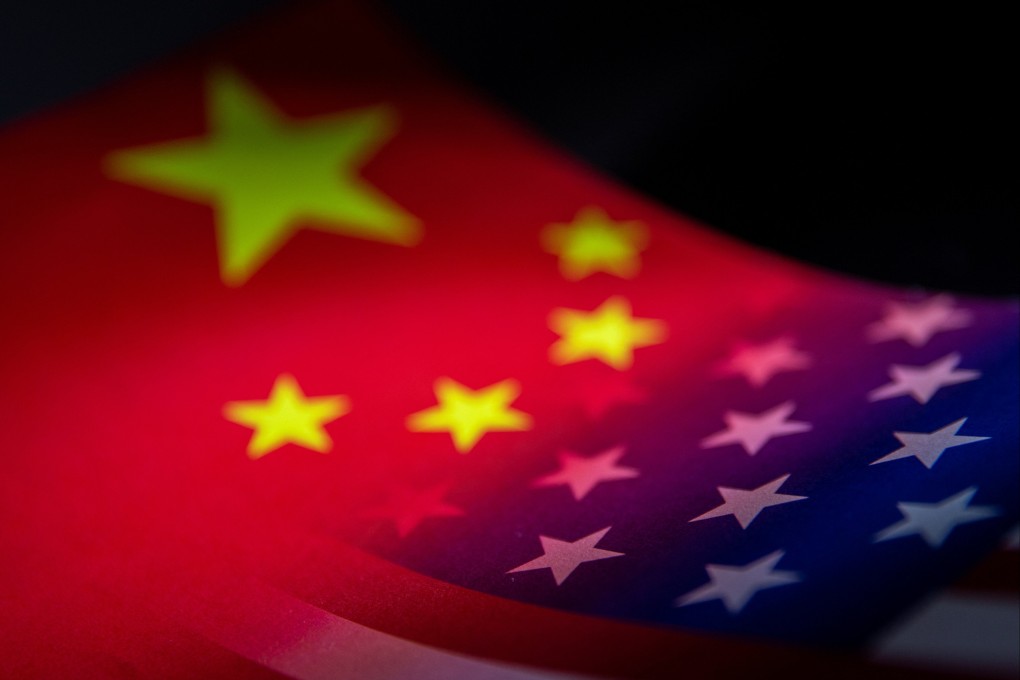US bid to give US$500 million to Nepal sparks protests, war of words between Washington, Beijing
- American funds could create job growth in Nepal, which has been hammered economically by the pandemic
- Beijing says the Millennium Challenge Corporation pact’s purpose is to target China, while protesters call it a sell-out of national sovereignty

“The current political calculus is not very conducive,” said Santosh Sharma Poudel, co-founder of the Nepal Institute for Policy Research.
Fresh protests erupted Sunday in the capital of Kathmandu after the grant was tabled with police firing tear gas to disperse demonstrators who called the pact a sell-out of national sovereignty. Their views echo that of Maoist politicians in Nepal who have traditionally been pro-Beijing.
The US, Nepal’s biggest bilateral donor, has warned if Kathmandu rejects the grant, it will “review relations” with the aid-dependent nation. A State Department spokesperson also said on February 14 that Nepal could “lose bilateral and multilateral aid as well as foreign direct investment.” Furthermore, the spokeperson accused China of spearheading a “sophisticated disinformation campaign”.

In response, Chinese Foreign Ministry spokesperson Wang Wenbin said on February 18 in a report carried by the state-run Global Times daily that Beijing opposes any form of “coercive diplomacy” and painted the MCC grant as “nothing more than a pact with the geopolitical purpose of targeting China.”
